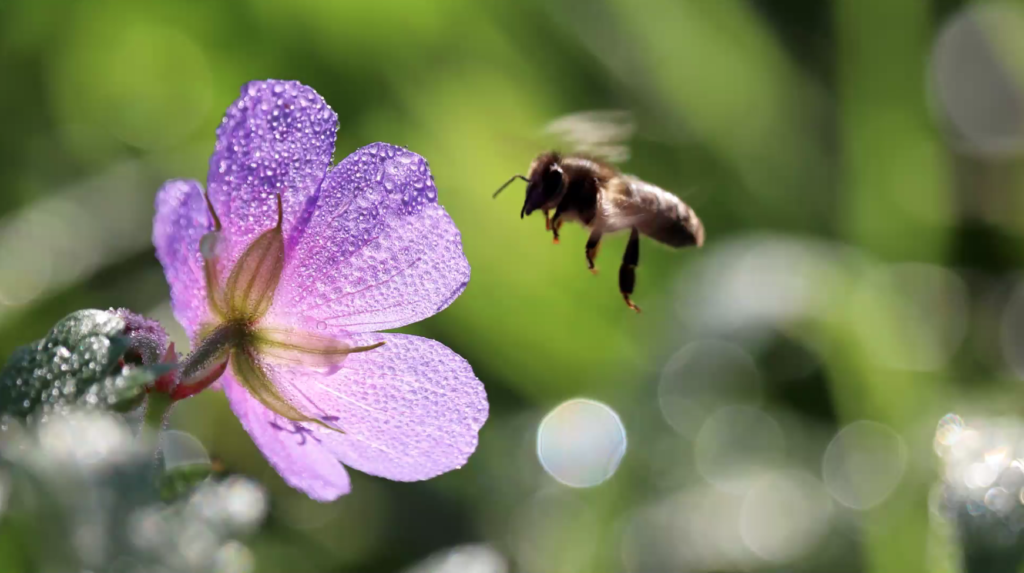As the first signs of spring appear the overwhelming urge will be to take back control in the garden. To tidy, to clear, to plant new things from the local garden centre and to fight the bugs.
But how about, this spring, we pause and ask whether our desire for a perfect looking garden is in the interests of all those who use it? It’s not just us humans who use our gardens but a myriad of other species call it home.

According to the Office of National Statistics, 520 thousand hectares of residential gardens exist in urban areas in Great Britain, accounting for 29.5% of the total urban area. Did you also know that the UK is one of the most nature depleted countries in the world with more than one in seven species facing extinction and over half in decline?
Hurst Garden Rethink
Due to this, The Hurst Rethink group is launching its first ever campaign: The Hurst Garden Rethink, to encourage our village to embrace greener gardening. Over the coming months, we will be asking residents and community groups to resist the urge to mow as often, to leave a patch of their garden to nature and to monitor what species they see.
In March, all we ask is that you consider how you can make your garden greener this year. Including
- Ditching pesticides, fungicides, herbicides and slug pellets. These sprays may promise to kill a specific species but they affect many others too. Seek out natural alternatives where you can – or embrace nature in all its forms!
- Choosing peat free compost. Peat is a major ingredient of the compost used in UK gardening. This peat is dug out of wild peatlands, releasing carbon into the atmosphere and destroying vital habitats. Check what you’re buying and ask for peat free at your garden centre.
- Rethinking your idea of ‘weeds’. Dandelions, daisies and buttercups all provide food for insects so why not embrace them rather than battling them? “Most weeds are native to their habitat and are regenerative by nature. They are not only corrective and beneficial to their environment, but to humans and animals as well.”
- Consider making your own compost – Why not give it a go this year? It can save a huge amount of food waste going into landfill. You can buy simple composting bins in most garden centres.
- Grow your own plants from seed – this way you’ll be sure no pesticides were used in the process.
We’d love you to be part of our campaign. We’ll be posting regular advice and updates on our website www.hurstrethink.org. Let’s make the gardens of Hurst greener and watch nature bounce back!

Walking along Iden Hurst, and in particular the verge outside number 18, stopped to admire the unmowed verge with its wildflowers. Really think a good idea to have fewer mowings of the verges, letting the wildflowers come through, and we will be mowing our verge less often.